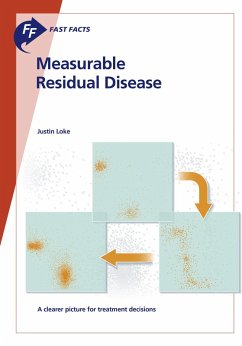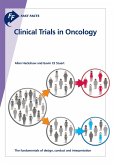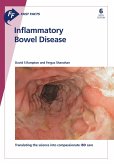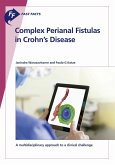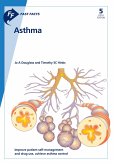Conventional methods of detecting disease remission in cancers such as leukemia rely on microscopic analysis of tissue samples. Measurable (or minimal) residual disease (MRD) describes the presence of disease beyond the levels of sensitivity afforded by microscopy. Fast Facts: Measurable Residual Disease describes what is meant by MRD, the opportunities and challenges afforded by its identification and the advantages and disadvantages of the methods used for its detection. Specific examples are given to illustrate the implications of detecting MRD in different disease scenarios, with emphasis on acute myeloid and lymphoblastic leukemias. With the recognition and monitoring of MRD likely to play an increasingly important role in disease prognosis and subsequent treatment direction, this accessible resource is ideal for any healthcare professional wanting to know more about this exciting and fast-moving area. Table of Contents: • What is measurable residual disease? • How is MRD measured? • What is the significance of MRD?
Dieser Download kann aus rechtlichen Gründen nur mit Rechnungsadresse in A, B, BG, CY, CZ, D, DK, EW, E, FIN, F, GR, HR, H, IRL, I, LT, L, LR, M, NL, PL, P, R, S, SLO, SK ausgeliefert werden.

